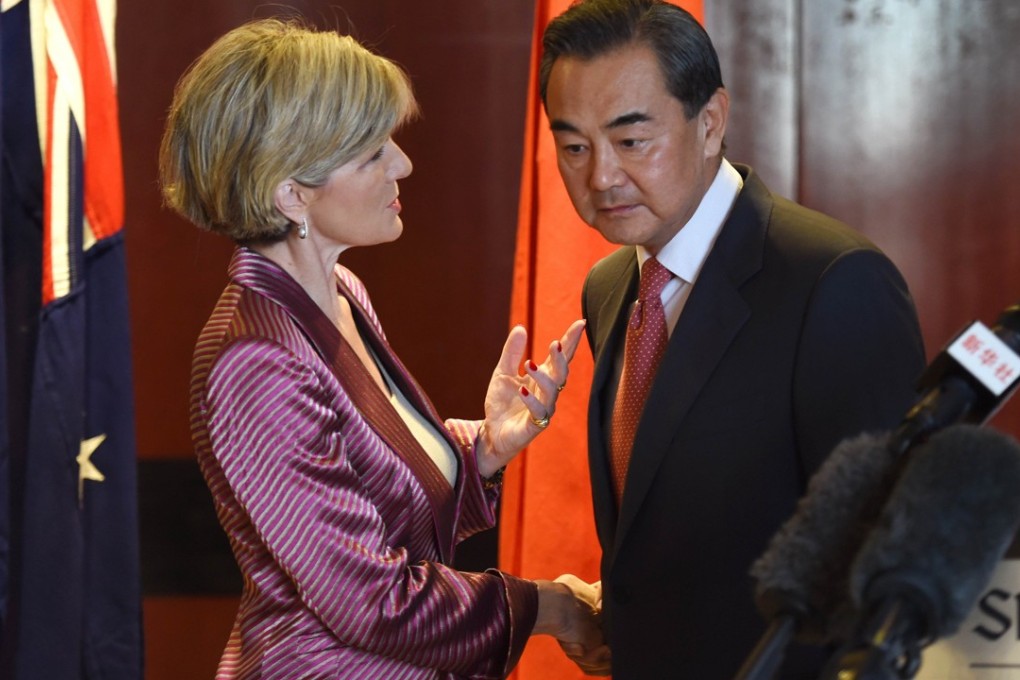Advertisement
How Australia should respond to China’s growing role in the Pacific
Matthew Abbey says that for an Australian minister to lash out at China’s increasing development work in the Pacific is counterproductive, because Beijing is fulfilling a need Canberra cannot, and the two countries would do better to cooperate
Reading Time:3 minutes
Why you can trust SCMP
0

In a blow to already tense relations, an Australian government minister attacked China over its Pacific aid programmes. The accusations reflect what Australia has thought but feared to become vocal about: China is trying to take control of the Pacific.
International Development Minister Concetta Fierravanti-Wells last week labelled the aid “roads to nowhere” and “useless buildings”. Although Australian Foreign Minister Julie Bishop tried to temper the situation, the damage has been done.
Beijing unsurprisingly lodged a formal complaint, as China places heavy importance on its development programme as part of its rising influence around the world. Instead of challenging China, however, Australia should wake up to the geopolitical shifts or risk losing diplomatic clout throughout the Pacific.
The accuracy of the accusations is not necessarily important. Australia has traditionally viewed the Pacific as its neighbourhood, but it has failed to recognise its aid is no longer meeting regional demand.
Recently, aid cuts worth US$11 billion have diminished the ability of Australia to influence the Pacific. In response, several Pacific nations turned to China. According to the Lowy Institute, China has provided the region with US$2.3 billion worth of aid since 2006. Ultimately, Chinese foreign policy aims to extend leverage over regional politics.
Advertisement
